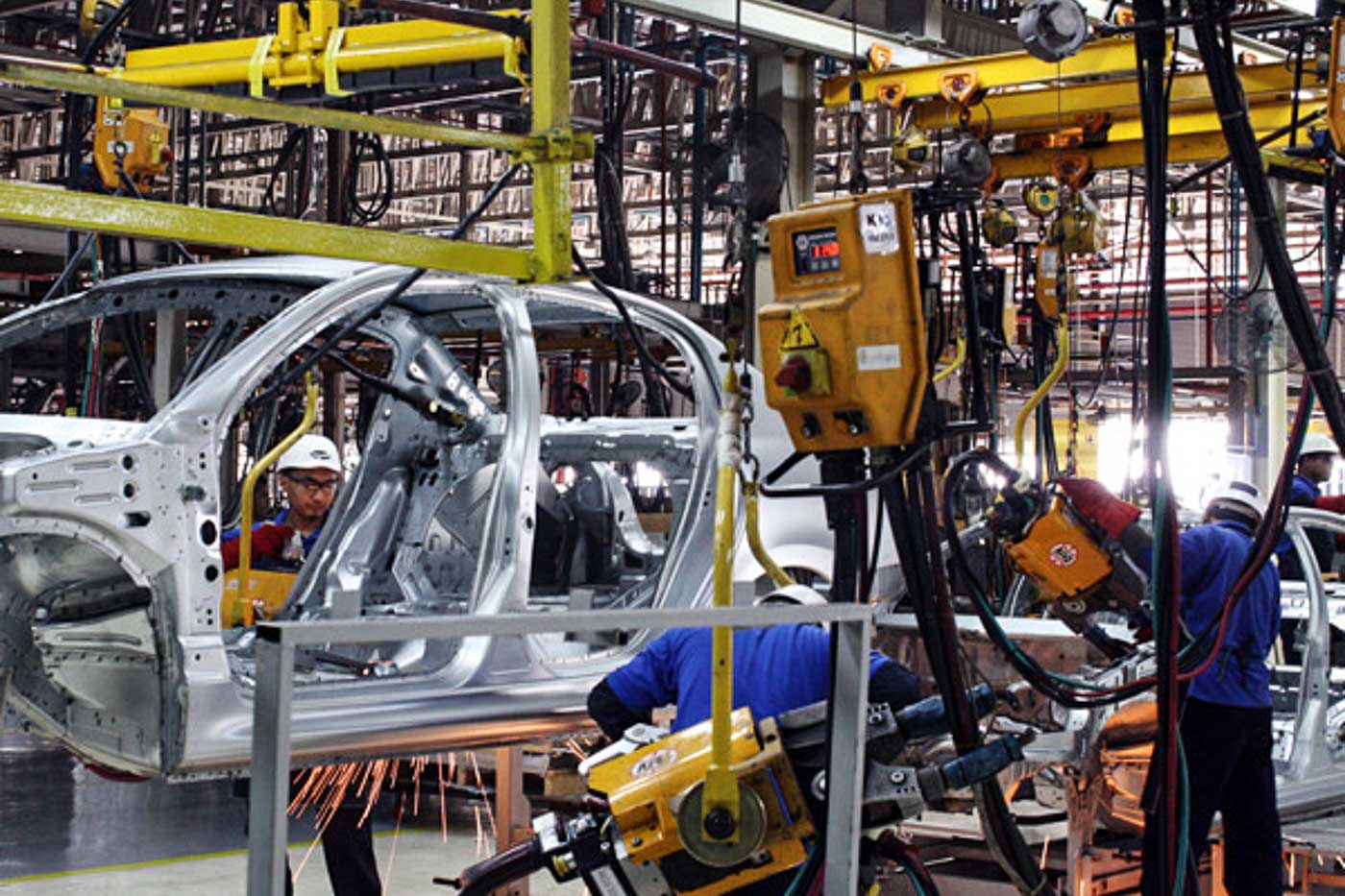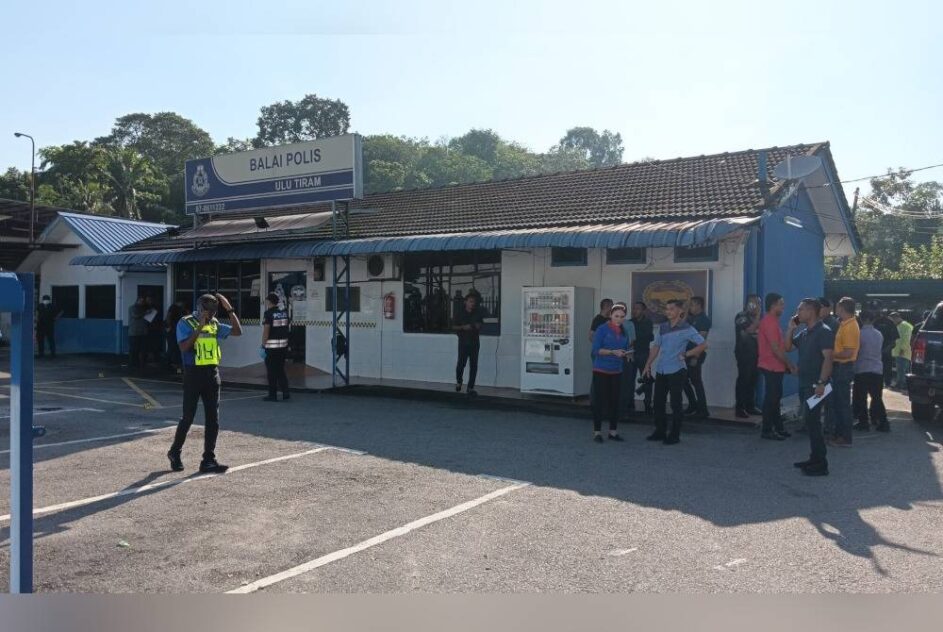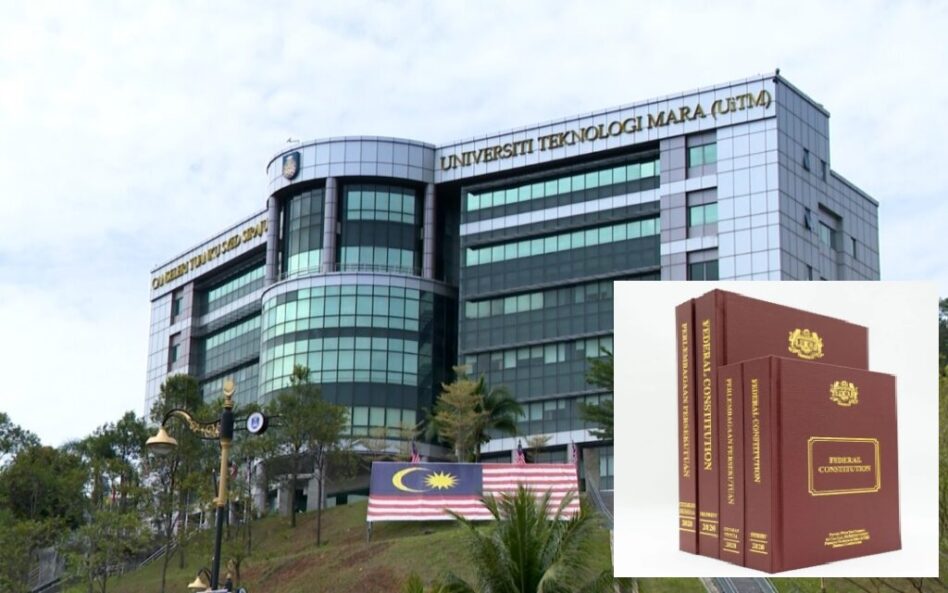THE Malaysian automotive sector must address the issue of labour crunch to drive its recovery momentum beyond the sales tax exemption period which ends on June 30, 2022 to continue its contribution to the national economy.
According to a Bernama report after being hit by the closure of assembly and production facilities as well as showrooms during the pandemic-induced lockdown, the automotive industry is now gearing up to meet the pent-up demand.
But does the industry provide wages that are sufficiently attractive to woo local and foreign workers, especially as people are manoeuvring through the higher cost of living?
The intake of foreign workers is the solution to prevent the disruption to the national automotive manufacturing ecosystem, said the Proton Vendors Association who added that the collapse of the ecosystem would lead to the loss of more than 500,000 jobs while wiping out up to 4.5% of the country’s Gross Domestic Product.
Automotive analyst Shamsul Yunos urged the industry to review what it considers as fair wages as part of the solution for overcoming manpower shortage in the sector.
“Increasing wages is highly important for the industry to attract the talent that is available in this country, and this requires companies to work on a business plan that adds more value to their products so that they can pay better wages,” he told Bernama.
Shamsul also opposed to the use of foreign labour unless absolutely necessary for menial work that the industry is unable to get Malaysians to do.
“But even then, there are technological solutions that we can use to increase productivity of even street sweepers that would allow them to be paid decent living wages,” he remarked.
“It is very rarely about the unavailability of labour but simply about the reluctance of businesses to pay fair wages.”
Automotive news and review site WapCar.my’s head of content Hans Cheong further noted that the debate on allowing more foreign workers is just a symptom of a bigger problem which is not unique to manufacturing but to blue-collar workers in general.
“Even car workshops are facing a chronic shortage of technicians, and companies doing maintenance for heavy machineries used in the construction industry are also having trouble finding enough skilled labour,” he said.
Cheong further pointed out that the debate on legalising foreign workers does not address the root cause of the problem.
Local industries lack scale and competitive products to invest in automation, so they continue to rely on cheap labour and will forever be asking for assistance,” he said.
Meanwhile Bank Islam Malaysia Bhd chief economist Mohd Afzanizam Abdul Rashid said that automation has always been the buzzword when it comes to efficiencies and productivity.
“So perhaps it is timely to look at the current setting, whether it is sustainable or otherwise. Then we look at the local talent. Are there sufficient local engineers or technicians who can serve the industries?” he questioned.
“Is there a gap in our local talent in terms of skill set? And what are the measures to reduce the gap? Judging from the automotive industry’s responses, it seems that they have taken all those steps (to resolve the issue).”
Mohd Afzanizam opined that perhaps the final piece of puzzle lies in the local talent’s attitude towards work and this can be very tricky as the problem may not be straightforward to identify.
“In reality, to earn a better pay, it will take some time. We, as employees, need to prove ourselves – (show) we are the right talent and can do the job better – and we would eventually command a certain premium based on the skills that we can offer over time,” he added. – May 4, 2022










